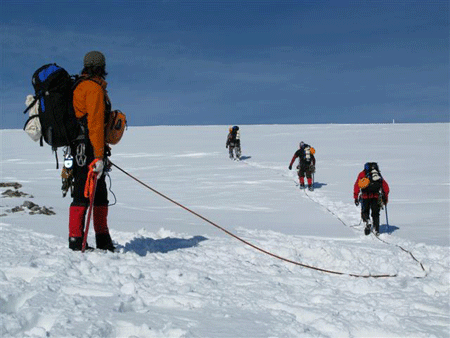Research and discussion topics
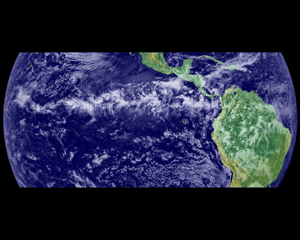
Introduction
The news story suggests lots of interesting topics for discussion and research.
Take a look at those we've picked out from the text. Compare ours with those you found using the methods in Getting the topics.
In groups discuss the differences. This isn't about right or wrong. Your choice is as good as ours as long as you can explain and defend it.
Now have a go at some of the topics - ours or yours.
Selected topics
It discusses the impact of climate change on Antarctica's plants and animals.
One man-made environmental impact – the ozone hole – has shielded most of Antarctica from another – global warming.
The ozone hole is expected slowly to heal.
Loss of ice from the West Antarctic ice sheet is likely to contribute tens of centimetres to a predicted global sea level rise of 1.4 metres by by 2100.
Want more?
It discusses the impact of climate change on Antarctica's plants and animals.
Take a look at the video of Adelie penguins, which lasts four minutes.
Watch them moving on land, then in the sea. In groups think of as many words as you can to describe how they move on land. Then again for how they move in the sea.
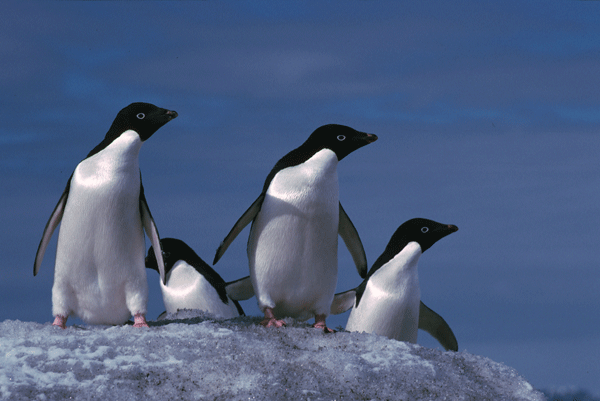
Put together one sentence using the words you think best describe the penguins on land.
Put together one sentence using the words you think best describe the penguins at sea.
Now a question: Why the big difference? Have a think, discuss it, research if you think it'll help. Then give us one sentence to answer the question.
Now take a look a the pdf file of the review. It's a 526-page book which is a lot of reading. We're not going to ask you to read it all. But we do want you to extract information from it. You're going to use the search button, which looks like a set of binoculars.
Click on this and do a search on each of the following words: penguin, krill, seal, whale.
How many times is each of these words used in the report? As a group take a quick look through what the report has to say about each of these types of animal, and decide which interests you most.
Look through the findings and comments for that animal and take notes on anything that interests you. Write one paragraph that tells the story of that animal in this report in your own words.
Read it out to your colleagues.
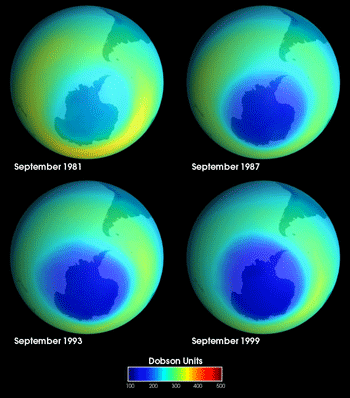
One man-made environmental impact – the ozone hole – has shielded most of Antarctica from another – global warming.
There aren't many people who don't believe in the hole in the ozone layer.
But there are a number who are not yet convinced about global warming - or climate change as scientists call it nowadays, since warming is just one of its effects. These people are known as sceptics.
There are also people who don't care about the science of climate change, but insist it isn't happening because they think it's bad for business - or they're being paid to do so. They are known as deniers. They either deny that climate change is happening or they deny that it is caused by anything humans do.
The reason there's less disagreement about the ozone hole than about climate change is partly because the hole is simpler than the climate. So it's less easy to create confusion about it.
Climate change sceptics and deniers are all over the Internet, TV and the newspapers. They are often journalists and paid PR people, who know little about science but are good at communicating - which is not true of a lot of scientists.
Getting a handle on the science of climate change and the evidence that it is being caused by humans is not easy. But the whole purpose of Real Science is to help people who aren't scientists to understand, enjoy and intelligently discuss science, and its issues and applications.
So let's make a start on climate change. In the spirit of Real Science we're not going to make the arguments and take them apart. You are.
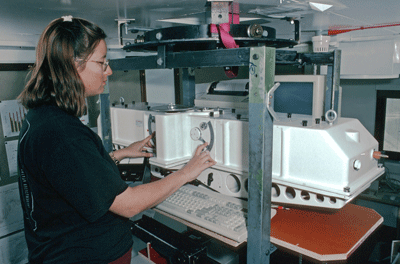
At the foot of this box is a list of seven claims from the climate change deniers. Working in groups choose one of these and research the arguments on each side.
Google will be useful for phrases in each of them, such as "carbon dioxide only a trace gas" and "hockey-stick graph".
This is likely to bring up more deniers than science. So here's a short list of science sites you can use to find out about the science. Feel free to search out more.
Climate change: A guide for the perplexed
How to talk to a climate sceptic
RealClimate start here
Get a little help from your teacher to set up a classroom debate using a cooperative learning method known as Academic Controversy - there's another outline of this approach here
After you've done this, get both sides of the debate to think about how easy or hard it was to make sense of their side of the argument. Share your thoughts and feelings with the class.
Arguments against human-induced climate change.
1. Carbon dioxide is only a trace gas in the atmosphere and the amount produced by humans is dwarfed by the amount from volcanoes and other natural sources. Water vapor is by far the most important greenhouse gas, so changes in carbon dioxide are unimportant.
2. The "hockey stick" graph of temperatures over the past 1,600 years has been disproved. It doesn't even acknowledge the medieval warm period around 1000 AD, which was hotter than today. So global warming is a myth.
3. Global warming stopped a decade ago. The earth has been cooling since then.
4. The sun or cosmic rays are much more likely to be the real causes of global warming than human produced carbon dioxide.
5. Climatologists conspire to hide the truth about global warming by locking away their data. Their "consensus" on global warming is scientifically irrelevant because science isn't settled by popularity.
6. Climatologists have a vested interest in raising the alarm because it brings them money and prestige.
7. Technological fixes - energy sources that don't produce carbon dioxide or geoengineering the climate - would be more sensible and affordable ways to tackle climate change than reducing our carbon footprint.
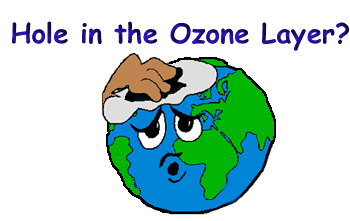
The ozone hole is expected slowly to heal.
This research topic can be stated in a lot fewer words than the last one. Just one word in fact.
Why?
Or if that's just too short for you: Please research the history of the ozone layer and explain why it is now healing.
Loss of ice from the West Antarctic ice sheet is likely to contribute tens of centimetres to a predicted global sea level rise of 1.4 metres by 2100.
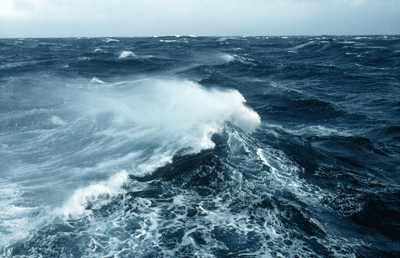
Again this topic can be stated in fairly few words. Take a look at some of the low-lying coastal areas around the world. Choose one that interests you.
Investigate:
a) what area of land will be flooded if the sea-level rises by 1.4 metres;
b) roughly how many people now live on this area of land;
c) where will these people go;
d) what is likely to happen next.
Want more?
Arctic & Antarctic Classroom Resources
Teaching Climate Change: Lessons from the Past
Climate change collection of classroom resources
NASA climate modelling in the classroom
Global warming from NASA

